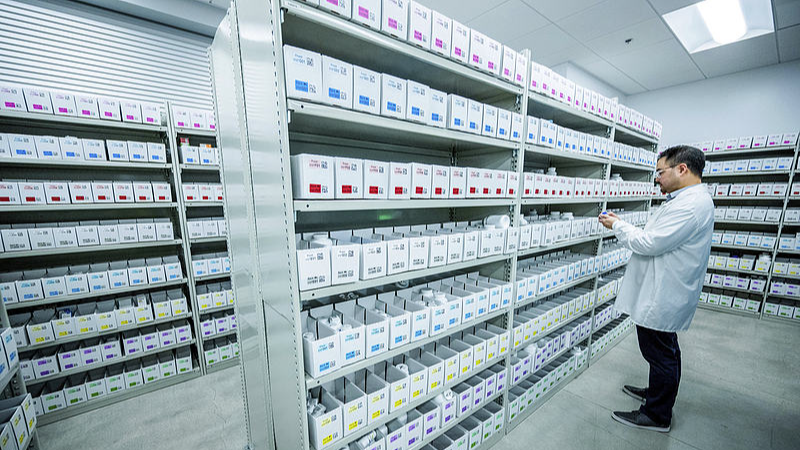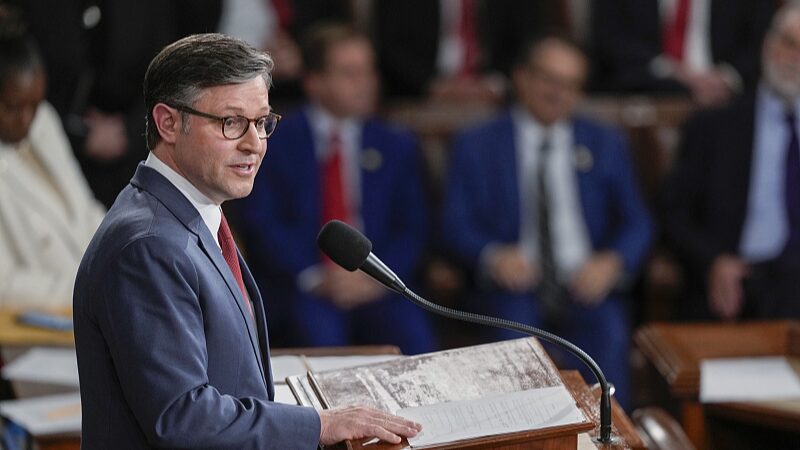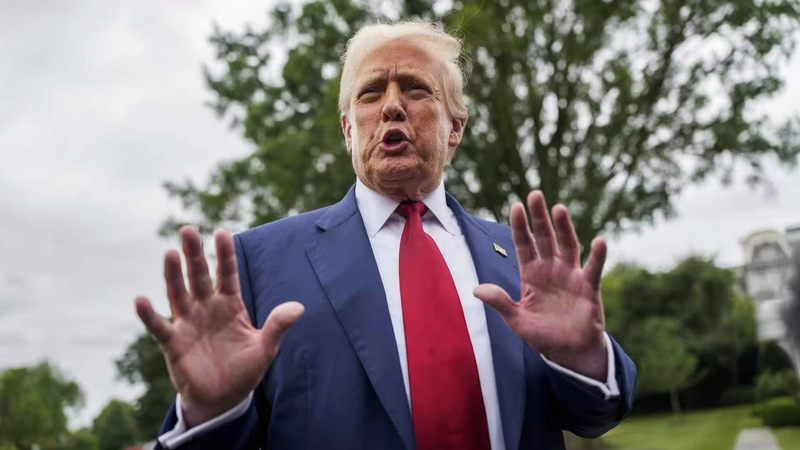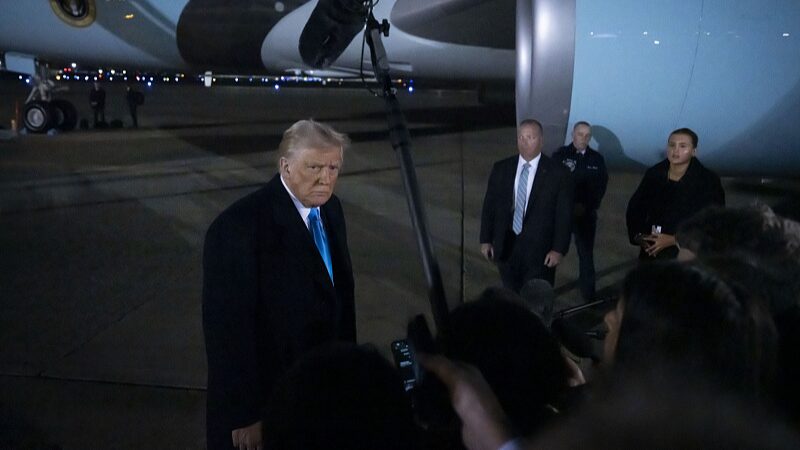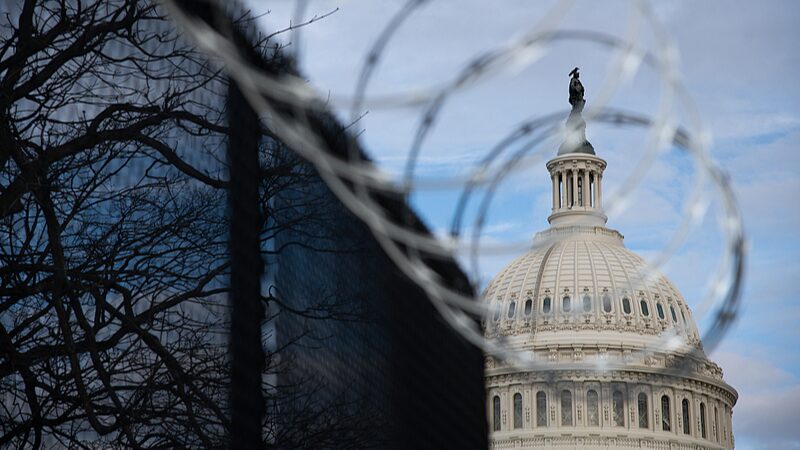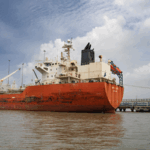U.S. President Donald Trump's recent threat to impose tariffs of up to 200% on imported pharmaceuticals has drawn skepticism from industry experts, who argue the move may neither reduce drug prices nor strengthen national security as claimed. The announcement triggered a 1.3% drop in healthcare stocks on August 1, reflecting market unease.
While major pharmaceutical firms like Johnson & Johnson and AstraZeneca have pledged over $250 billion in combined U.S. investments to mitigate tariff risks, analysts question the long-term viability. \"Relocating global supply chains isn't like flipping a switch,\" said Erin Fox of the University of Utah Health, emphasizing the industry's deeply entrenched international networks in comments to China Media Group.
Stephen Farrelly, ING's Global Healthcare lead, told CNN that higher U.S. operational costs could negate any pricing benefits: \"Labor and infrastructure expenses here are 40-60% above Asian manufacturing hubs. Generic drug makers might exit the market entirely rather than reshore.\"
Experts highlight three key challenges: multi-year timelines to rebuild supply chains, inconsistent trade policies complicating long-term planning, and thin profit margins that make domestic generic drug production economically unfeasible. With 80% of active pharmaceutical ingredients currently imported, most analysts see limited prospects for reduced foreign dependence.
Reference(s):
Experts doubt Trump's drug tariffs will lower prices or boost security
cgtn.com
